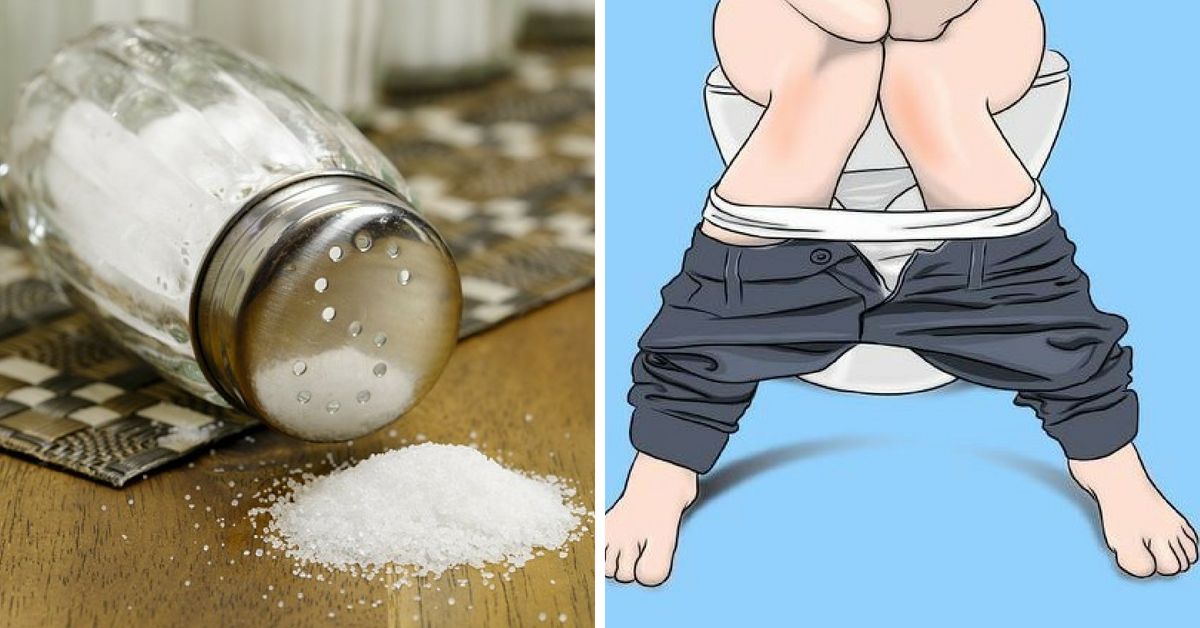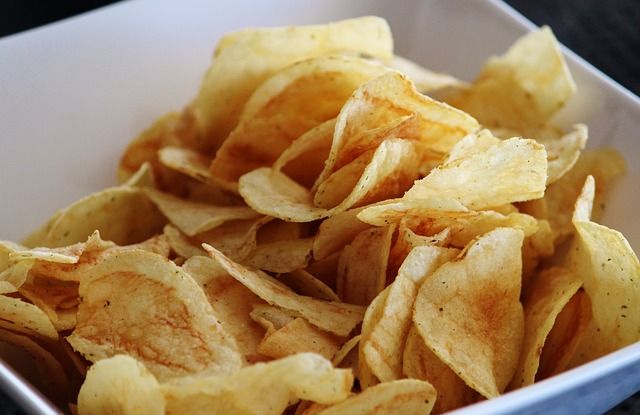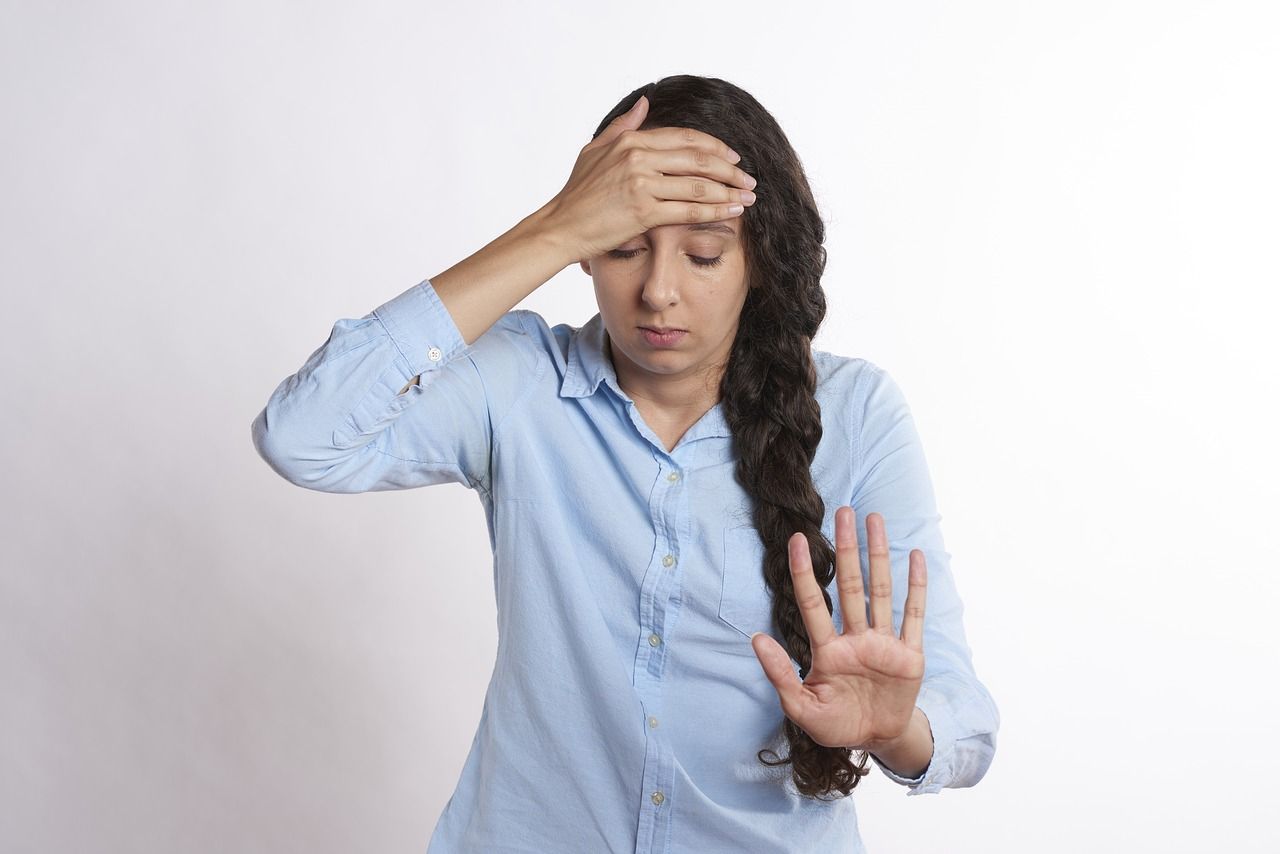It is one of those things that you don't even think about, but chances are you are eating way too much salt.
We add a pinch here, a sprinkle there, and even when we aren't adding it ourselves, the companies responsible for prepackaged foods do it for us.
While a lot of us take a quick look at the calories, carbohydrates, or fat content of a snack, most of us skip over the rest of the nutritional information.
The line we are all ignoring is the sodium levels. It's so much more important to watch the amount of salt you ingest if you want to keep your heart healthy, but how do you know when enough is enough?
The American Heart Association recommends no more than 1,500 mg of sodium a day, but the United States Department of Agriculture is more forgiving, saying you can have up to 2300 mg. Every person is different, so how do you know when you've had too much?
Your body will give you signs of when it has had too much, and you may not even realize that it has been telling you this for a while. These are the most common symptoms of excessive sodium:
1. Frequent trips to the bathroom
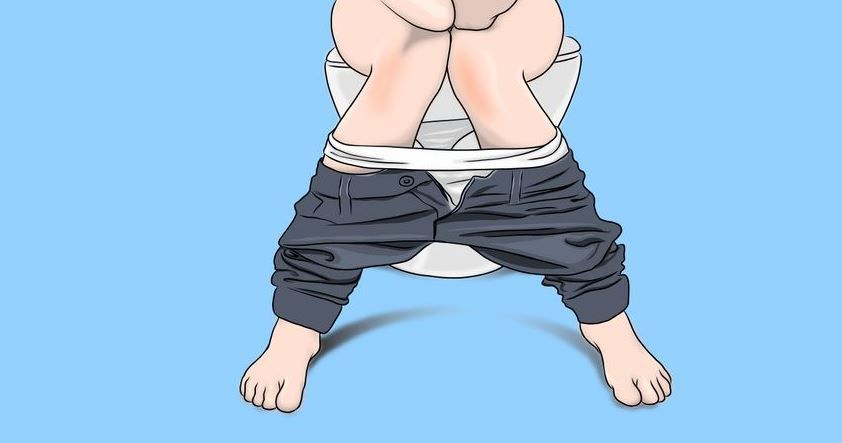
If you find that you are always having to pee, it might actually be because there is too much sodium in your body.
Not only does it make you have to go, it'll make the urine darker and thicker than it should be. When this happens, your body is actually losing calcium.
As we all know, losing calcium is really bad for your body and can lead to problems with your bones like osteoporosis.
2. Too many cravings
The type of food you crave can actually give you an indication as to whether or not you've been eating too much salt.
If you find you are constantly craving salty foods, it's probably because you've altered your taste buds. By eating a lot of salt you start to develop a taste for it, so when you do try to eat low-sodium options they end up tasting bland.
So pay attention to your cravings. If you're constantly craving processed meats, chips, or even soup, you are probably getting too much sodium.
3. Unexpected cramps
If your muscles are feeling strained and tighter than usual, it may be because you've been a little heavy-handed with the salt shaker.
Your muscles require a balance of sodium to potassium in your system if you want them to work properly. If you start eating too much sodium, you're going to disrupt that balance and cause your muscles to freak out.
You'll find that you will get a lot more sore and tense, which will not only cause longer recovery times after workouts, it'll make you more prone to those sudden cramps we all hate.
4. Constant Headaches
Headaches are a real pain, literally, but you may be making them worse by having too much salt in your diet.
Salt causes the blood vessels in your brain to expand more than they should, which causes that annoying, throbbing pain.
5. Always thirsty
If you are constantly reaching for a drink to quench your thirst and not noticing any improvements, it could be because you have too much salt in your system.
You need some salt to keep stay balanced, but if you are still feeling parched after bottles of water it's because the excess salt is dehydrating you.
6. Swelling and bloating
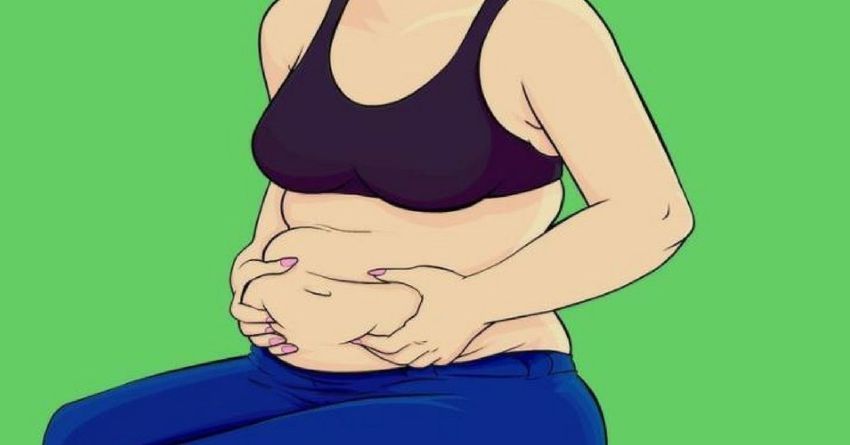
If you had too much salt in your system, and then followed it up with too much water to attempt to balance it, your body will end up retaining all the water. It'll causes everything to swell up instead of washing the salt out like you wanted it to.
You'll notice the majority of the bloating in your stomach, or you may even experience swelling in your fingers and toes.
7. Kidney stones
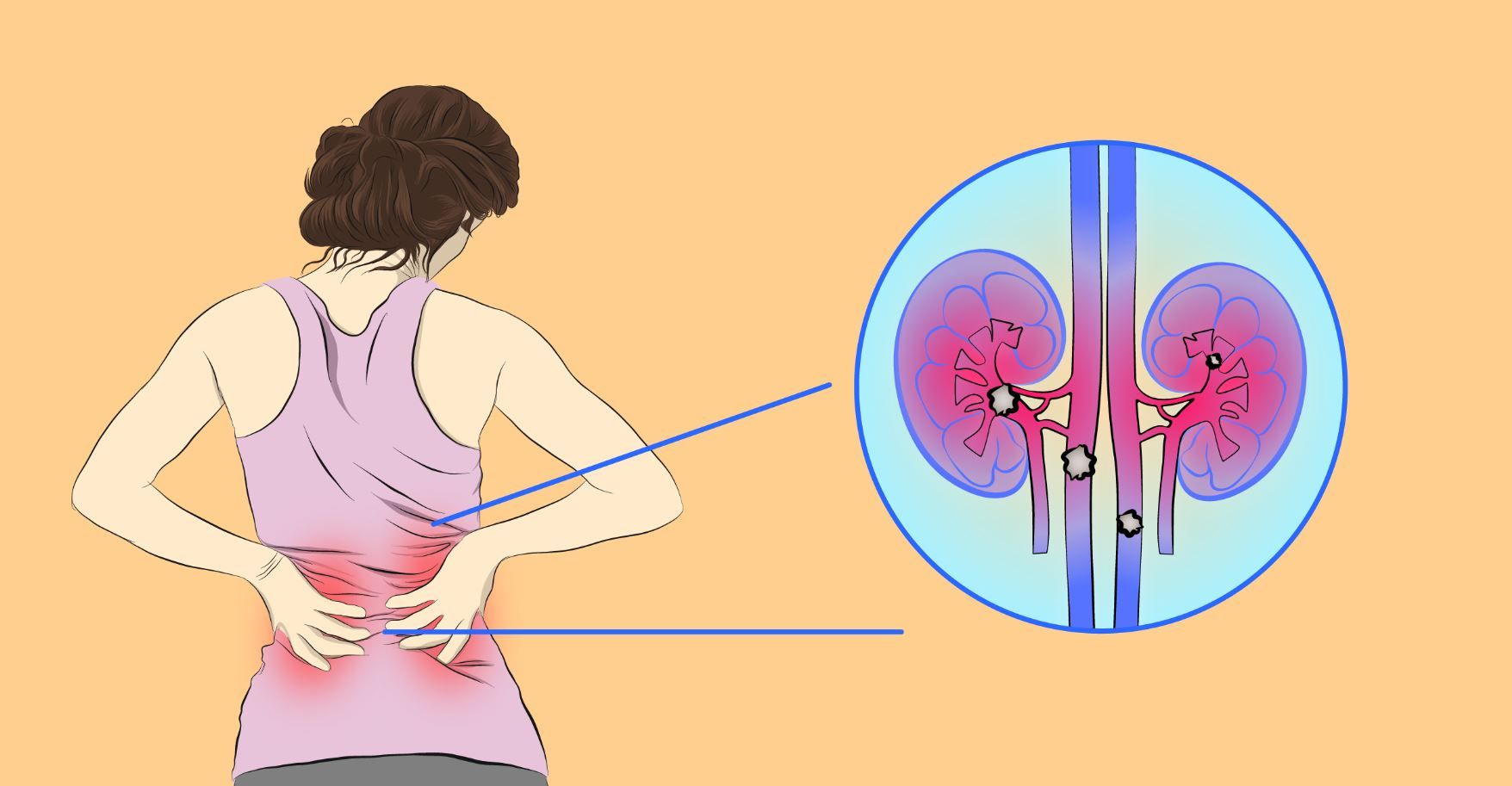
If you've ever had a kidney stone, you know how painful they are. Obviously preventing them is the best option, and one way to do that is by switching to a low-sodium diet.
The excess sodium in your system will cause an increase in protein in your urine, and this protein is known as a major risk factor when it comes to kidney stones.
8. Brain fog
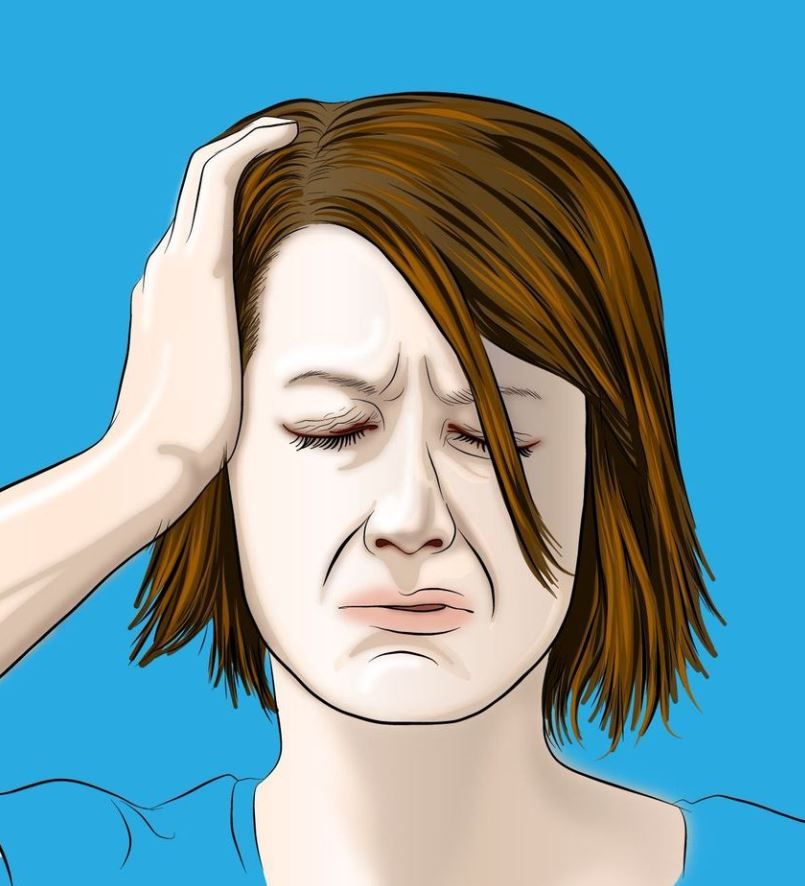
Walking around and forgetting what you were just about to do may seem like a normal mistake, but it may actually be a symptom of too much salt.
People who have high-sodium diets are much more likely to experience cognitive decline than those who consume less salt. This means that they have a harder time remembering things, solving problems, or making decisions.
9. Stomach problems
The salt you're eating can actually harm your stomach. Sodium can cause H. pylori in the stomach, which means that you may end up causing ulcers, stomach cancer, and other gastric issues.
It may become extremely painful, and can cause nausea and vomiting. Cutting the salt might be able to help ease the symptoms, so check with your doctor to see if that's what is causing it.
No matter what symptoms you are experiencing, you should always check with your doctor before making any big changes.
Sources - Reader's Digest / Women's Health / The List / Muscle and Fitness / Self / Healthline
